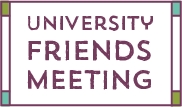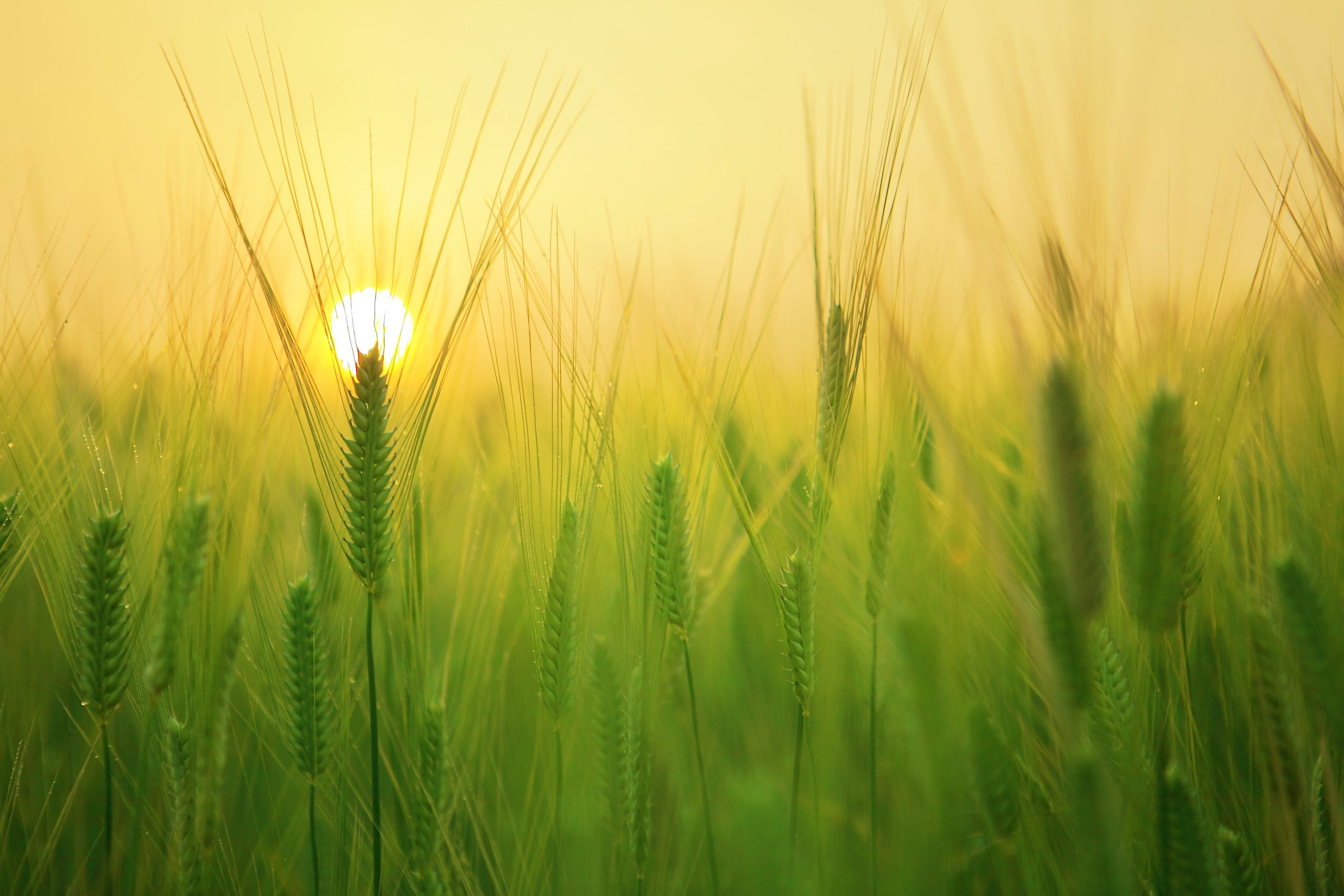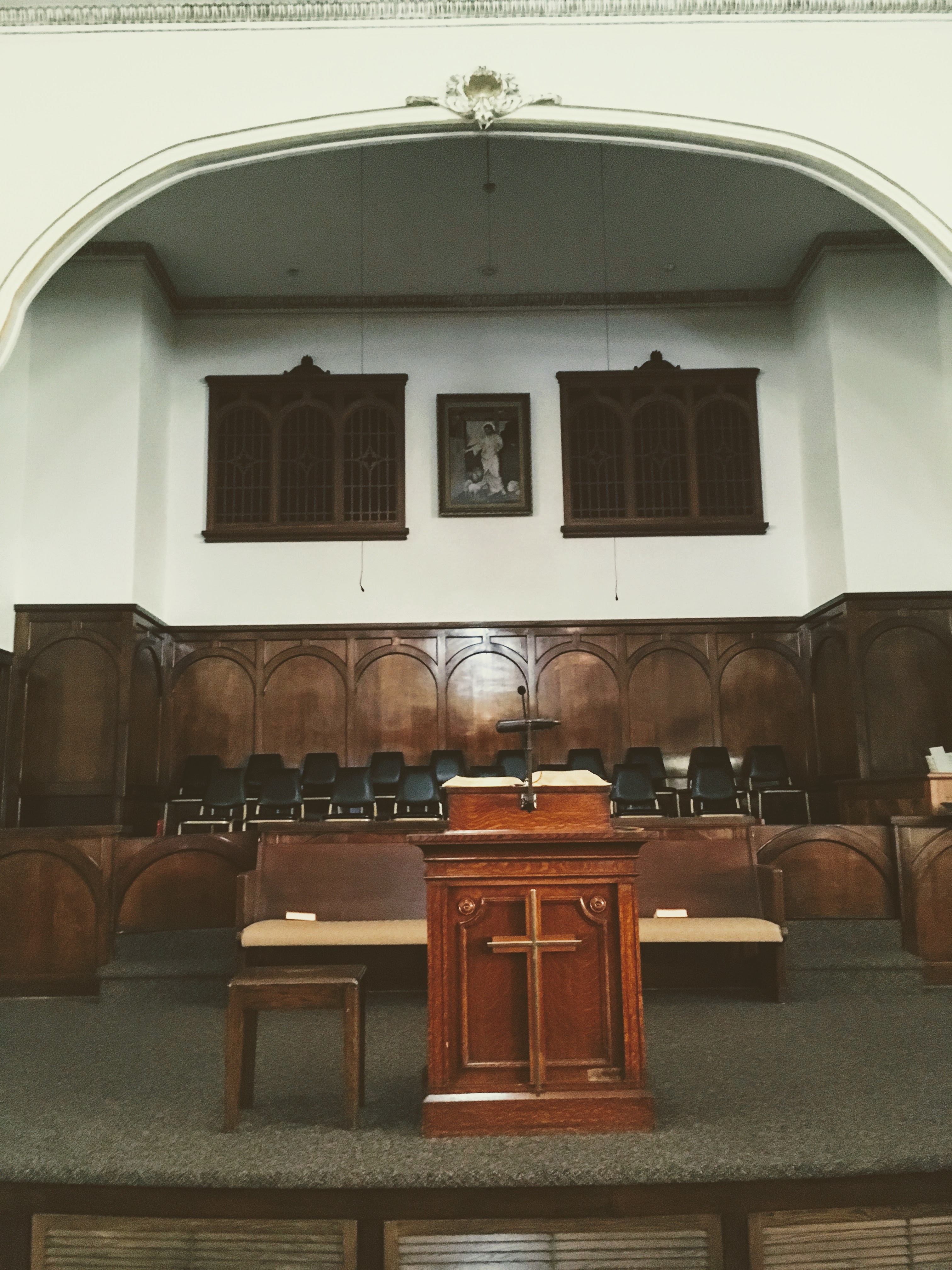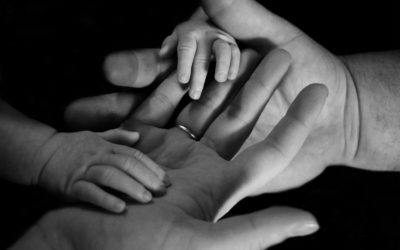May 31, 2020
Message: Stewardship of the Earth
Scripture: Genesis 1:26; 2:4b-8, 15
Music: Judy Blue
Flowers: Gordon and Joan Smith
Announcements
- We are live streaming on Facebook and not gathering at the church for worship, at least through the month of June.
- During the live streaming, we do have room for a few people to come and serve as a kind of facing bench. If you would like to be among a handful of people who worship with us in person, be sure and let the office know. Call or email the church office, and we’ll put your name in the hat.
- Also, please feel free to share our worship with your Facebook friends by posting a link on your page.
- Among church activities this week
- The 205 Sunday School class is gathering for fellowship on Zoom this afternoon.
- The Transition Team is meeting on Monday.
- On Wednesday, Ministry and Counsel is meeting with David Williams and some elders from Evangelical Friends Church – Mid-America Yearly Meeting.
Prayer concerns
- Greg Newby has medical appointments pretty much every day this week, scans and tests, getting ready for cancer treatment. He has an appointment with the oncologist on Friday.
- Dan Schuster had asked last week for prayer about his high blood pressure. Medication is bringing it down, and the doctor is checking on possible causes. Dan has an appointment with the doctor on Tuesday.
- Gordon Smith is having brain surgery this morning, to drain blood off his brain.
- Our country and our leaders
- If you have other announcements or prayer requests, please add them to the Facebook comments.
Prayer
God of love and justice, we turn to you.
- We pray for those we care about who are going through health difficulties.
- We pray for people dealing with loss (people, pandemic losses, change)
We pray for our country and our leaders.
God, we acknowledge that we live in a racist country.
- We see it in the allocation of health care. We see it in access to housing. We see it in the criminal justice system.
- We ourselves are not immune to racism nor are we wholly healthy. We are not even wholly aware of our own racism.
- May we find ways to bring healing, to ourselves first and then to our community.
In the words of St. Francis of Assisi,
Lord, make me an instrument of your peace.
Where there is hatred, let me bring love.
Where there is offence, let me bring pardon.
Where there is discord, let me bring union.
Where there is error, let me bring truth.
Where there is doubt, let me bring faith.
Where there is despair, let me bring hope.
Where there is darkness, let me bring your light.
Where there is sadness, let me bring joy. (https://en.wikipedia.org/wiki/Prayer_of_Saint_Francis)
May we be open to ways that we can increase peace and justice in our world. May we live our lives in ways that show that black lives matter, to us and to you.
Amen.
Message
Today I am picking back up with the series on Quaker testimonies, and I will be talking about stewardship of the earth. At the moment, I have in mind to bring three messages on stewardship: stewardship of the earth, stewardship of time, and stewardship of money.
The testimonies are ways we live out our faith, ways we live in the reality that the reign of God is at hand.
The testimony of simplicity calls us to recognize that things can get in our way of following Jesus. It also calls us to recognize that the things we own can be channels of love or seeds of war.
The peace testimony calls us to seek alternatives to war. It also calls us to, in the words of James 3, “do the hard work of getting along with each other, [of] treating each other with dignity and honor” (James 3:18, The Message).
The testimony of integrity calls us to be honest in what we say and in our business lives, and it calls us to be honest with ourselves and to practice truth-telling in our relationships.
The testimony of community “calls us to exercise responsibility and accountability in our relationships with one another” (Cooper, Living Faith, pp. 157-158).
The testimony of equality calls us to treat all people with love and concern regardless of race, gender, creed, or social standing.
What does the Quaker testimony of stewardship call us to?
Here’s how AFSC, the American Friends Service Committee puts it (https://www.afsc.org/testimonies/stewardship):
To Friends, good stewardship means taking care of what has been given, not just for ourselves, but for the people around us and for future generations as well. …
Friends strive to use God’s gifts wisely, with gifts conceived in the broadest of terms. These gifts include our talents and our possessions, as well as our natural environment. Friends believe that such gifts are not ours alone.
Wichita Friends School talks about stewardship as using God’s gifts with goodness and wisdom (https://www.wichitafriendsschool.org/copy-of-quaker-testimonies-spices).
The earth is one of God’s gifts, a gift to use wisely and well.
When I taught environmental ethics to college students, I liked to begin by having them each explore the ecological footprint calculator (https://www.footprintcalculator.org/). Have you seen it? It’s basically a quiz that asks questions like this: How often do you eat animal-based products? What type of housing do you live in (multi-story apartment, luxury condominium, etc.)? How energy-efficient is your home?
In the end, the person taking the quiz finds out how many planets would be required if everybody on earth lived like them. It’s a very rough estimate, and I am a fairly frugal person, but if everyone lived like me, we would need 3.1 planets. That’s not surprising, since I live in the United States, in a house with running water, with not much access to renewable sources of energy.
A course on religion and environmental ethics would then take up what religions teach about care for the earth.
That whole field of study took shape after a guy named Lynn White published an article in the 1960s that laid the blame for environmental degradation at the feet of Christianity. In “The Historical Roots of our Ecological Crisis,” White argued that the fault lies with Christianity’s “dogma of man’s transcendence of, and rightful master over, nature” (p. 7, https://www.cmu.ca/faculty/gmatties/lynnwhiterootsofcrisis.pdf).
Is that what Christianity teaches, that humans are above nature and masters of it?
Well, some Christians do teach that. The Christians who teach that humans are masters over the earth find support for those views in Genesis 1.
That’s the creation story that talks about what God did on the first day, the second day, and so forth. I talked about this when I talked about equality because the idea that all people are created in the image of God comes from Genesis 1.
In that account, on the sixth day, God made earth creatures, including humans. Here’s Genesis 1, beginning with verse 24:
26 Then God said, “Let us make humankind[c] in our image, according to our likeness; and let them have dominion over the fish of the sea, and over the birds of the air, and over the cattle, and over all the wild animals of the earth,[d] and over every creeping thing that creeps upon the earth.”
27 So God created humankind[e] in [God’s] image,
in the image of God [God] created them;[f]
male and female [God] created them.
28 God blessed them, and God said to them, “Be fruitful and multiply, and fill the earth and subdue it; and have dominion over the fish of the sea and over the birds of the air and over every living thing that moves upon the earth.” 29 God said, “See, I have given you every plant yielding seed that is upon the face of all the earth, and every tree with seed in its fruit; you shall have them for food. 30 And to … everything that has the breath of life, I have given every green plant for food.” And it was so. 31 God saw everything that [God] had made, and indeed, it was very good. And there was evening and there was morning, the sixth day. (NRSV)
What do we find in this passage?
- Male and female are created in God’s image, the basis for equality.
- Someone has said this passage includes the only commandment we’ve been able to keep. “Be fruitful and multiply and fill the earth.” Done. 😊
- God gave plants as food for humans and other animals. According to Genesis that didn’t change until after the flood.
- And here, right here, twice in the text, God gives humans dominion over every living thing.
What does dominion mean? It sounds a lot like mastery over nature, doesn’t it?
Some Christians think that this dominion gives humans free reign to use nature as we see fit, primarily for profit. If that’s the case, then maybe Christianity is at fault for the environmental mess.
There are two problems with that, though.
First, we might notice that while humans are made in God’s image, humans are also part of the created world. We are among the creatures of the land. Like other creatures of the land, we need food and air and water to live. So using nature for profit, without thinking about the consequences to the natural world, is very short-sighted. We need this planet. As I heard someone say recently, there is no planet B. If we want to be able to live, we need to use the earth wisely. We need to think long-term about the consequences of our actions.
The second problem with seeing mastery in Genesis 1? That’s not all the Bible has to say about the earth. If we turn the page to Genesis 2, we get a different story, another account of creation.
Genesis 2:4b-8, 15
In the day that the Lord[a] God made the earth and the heavens, 5 when no plant of the field was yet in the earth and no herb of the field had yet sprung up … 7 then the Lord God formed man from the dust of the ground,[b] and breathed into his nostrils the breath of life; and the man became a living being. 8 And the Lord God planted a garden in Eden, in the east; and there [God] put the man…. ***
15 The Lord God took the man and put him in the garden of Eden to till it and keep it.
This story in Genesis 2 provides the basis for wise care of nature. Christians share this idea with the other Abrahamic traditions – Judaism and Islam.
All three of these religions teach that God made the earth and gave humans not so much dominion over the earth (as in use it for profit) but responsibility to care for the earth. Stewardship.
But that’s not all the Bible says about our relationship to the earth either.
Leviticus 25, beginning with verse 1:
“The Land Will Observe a Sabbath to God”
God spoke to Moses at Mount Sinai: “Speak to the People of Israel. Tell them, When you enter the land which I am going to give you, the land will observe a Sabbath to God. Sow your fields, prune your vineyards, and take in your harvests for six years. But the seventh year the land will take a Sabbath of complete and total rest, a Sabbath to God…. The land gets a year of complete and total rest.
Leviticus 25 continues, beginning with verse 8:
“The Fiftieth Year Shall Be a Jubilee for You”
8-12 “Count off seven Sabbaths of years… Seven Sabbaths of years adds up to forty-nine years…. Sanctify the fiftieth year; make it a holy year. Proclaim freedom all over the land to everyone who lives in it—a Jubilee for you: Each person will go back to his family’s property and reunite with his extended family.
The jubilee year is a reset. The earth gets an extra year of rest, and land gets redistributed.
Leviticus 25 is the basis for a way of thinking about care for the earth as ecojustice. The World Council of Churches has developed that idea.
The [World Council of Churches’] work on eco-justice is implemented through the Ecumenical Water Network, the Climate Justice project and the Poverty, Wealth and Ecology project. …
In linking environmental and social justice issues the environmental justice approach … challenges both humanity’s destruction of the earth and the abuse of economic and political power which result in poor people having to suffer the effects of environmental damage.
Such a perspective pushes the idea of stewardship to include not only care for God’s gift but also awareness of injustices in the use of nature.
But wait! There’s more! 😊
Listen to this, Colossians 1, beginning with verse 15:
15 [Christ] is the image of the invisible God, the firstborn of all creation; 16 for in[h] him all things in heaven and on earth were created, things visible and invisible, whether thrones or dominions or rulers or powers—all things have been created through him and for him. 17 He himself is before all things, and in[i] him all things hold together.
In Christ all things were created. In Christ all things hold together.
Some Christians see here, in Colossians, the idea that humans and nature are interconnected. That’s a basic idea to a movement called creation spirituality, which says, among other things,
… we cannot continue using the earth and her creatures as if we owned them, increasing the gap between the haves and the havenots in society, and despoiling the earth. … We need a profound shift in thinking and feeling to convert the present over-consumption to a simpler, more compassionate way of living here. (https://www.greenspirit.org.uk/pdf/Blindell.pdf)
That compassionate way of living involves the realization that all of us are connected to each other. We are connected as humans, and we are connected to the earth. When one human hurts, we are all diminished. When the earth suffers, we suffer.
I will conclude this morning by reading the 2012 Kabarak Call for Peace and Ecojustice (http://www.fwcc.world/call.pdf):
The Kabarak Call for Peace and Ecojustice was approved on 24 April 2012 at the Sixth World Conference of Friends, held at Kabarak University near Nakuru, Kenya. …
In past times God’s Creation restored itself. Now humanity dominates, our growing population consuming more resources than nature can replace. We must change, we must become careful stewards of all life. Earthcare unites traditional Quaker testimonies: peace, equality, simplicity, love, integrity, and justice. Jesus said, “As you have done unto the least… you have done unto me”. We are called to work for the peaceable Kingdom of God on the whole earth, in right sharing with all peoples. However few our numbers, we are called to be the salt that flavours and preserves, to be a light in the darkness of greed and destruction.
We have heard of the disappearing snows of Kilimanjaro and glaciers of Bolivia, from which come life-giving waters. We have heard appeals from peoples of the Arctic, Asia and Pacific. We have heard of forests cut down, seasons disrupted, wildlife dying, of land hunger in Africa, of new diseases, droughts, floods, fires, famine and desperate migrations – this climatic chaos is now worsening. There are wars and rumors of war, job loss, inequality and violence. We fear our neighbors. We waste our children’s heritage.
All of these are driven by … by greed not need, by worship of the market, by Mammon and Caesar. Is this how Jesus showed us to live?
- We are called to see what love can do: to love our neighbor as ourselves, to aid the widow and orphan, to comfort the afflicted and afflict the comfortable, to appeal to consciences and bind the wounds.
- We are called to teach our children right relationship, to live in harmony with each other and all living beings in the earth, waters and sky of our Creator, who asks, “Where were you when I laid the foundations of the world?” (Job 38:4)
- We are called to do justice to all and walk humbly with our God, to cooperate lovingly with all who share our hopes for the future of the earth.
- We are called to be patterns and examples in a 21st century campaign for peace and ecojustice, as difficult and decisive as the 18th and 19th century drive to abolish slavery.
We dedicate ourselves to let the living waters flow through us – where we live, regionally, and in wider world fellowship. We dedicate ourselves to building the peace that passeth all understanding, to the repair of the world, opening our lives to the Light to guide us in each small step.
Benediction
Britain Yearly Meeting, Quaker Faith and Practice, Advices and Queries number 42:
We do not own the world, and its riches are not ours to dispose of at will. Show a loving consideration for all creatures, and seek to maintain the beauty and variety of the world. Work to ensure that our increasing power over nature is used responsibly, with reverence for life. Rejoice in the splendour of God’s continuing creation. (https://qfp.quaker.org.uk/chapter/1/)
We are meeting in person and also streaming our sermons on Facebook at 10:00 AM CST. Watch live:
https://www.facebook.com/universityfriendschurch/
Not on Facebook? You can see all of our posts and videos on our site here!



